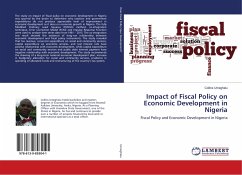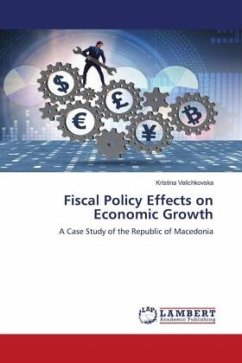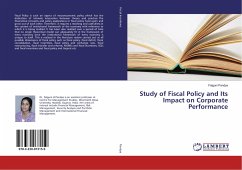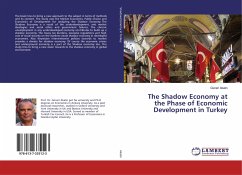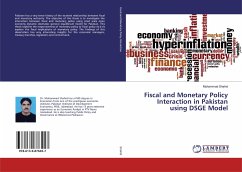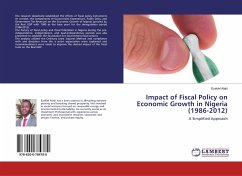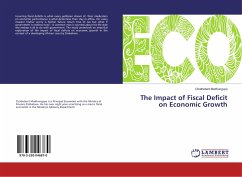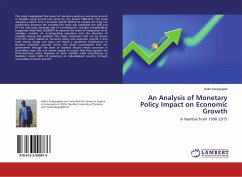The study on impact of fiscal policy on economic development in Nigeria was spurred by the desire to determine why taxation and government expenditures do not produce appreciable level of improvement in economic development as it does on economic growth in Nigeria. The fully Modified Ordinary Least Squares (FMOLS) method, co-integration technique, Error Correction Model (ECM) and Impulse Response Function were used to analyze time series data from 1981 - 2015. The co-integration test result showed the existence of long-run relationship between economic development and fiscal policy instruments. The study revealed that tax revenue, recurrent expenditure on social and community services, capital expenditure on economic services, and real interest rate have positive relationship with economic development, while capital expenditure on social and community services and public debt interest payment have negative relationship with economic development. The study recommends the drawing of a long-term national economic development plan, increase in budgetary allocation for social and community services, prudence in spending of allocated funds and restructuring of the country's tax system.
Bitte wählen Sie Ihr Anliegen aus.
Rechnungen
Retourenschein anfordern
Bestellstatus
Storno

